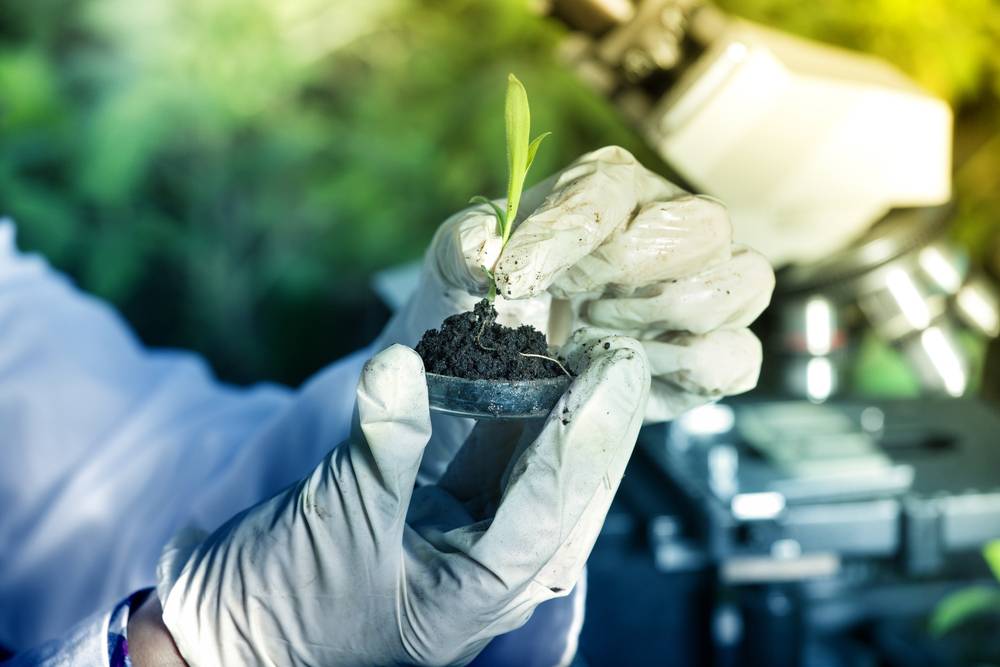
Biotechnology in Research & Innovation
Biotechnology in Research & Innovation
Biotechnology is at the forefront of modern scientific research and innovation, driving advancements across healthcare, agriculture, environmental management, and industrial processes. By leveraging biological systems, organisms, and genetic engineering, biotechnology fosters groundbreaking discoveries and novel applications. This article explores the significant contributions of biotechnology to research and innovation.
1. Advancements in Genetic Engineering
Genetic engineering techniques, such as CRISPR-Cas9, have revolutionized biotechnology by enabling precise gene editing. Key applications include:
- Gene Therapy: Treating genetic disorders by correcting faulty genes in patients.
- Genetically Modified Organisms (GMOs): Enhancing agricultural productivity by engineering crops with resistance to pests, drought, and diseases.
- Synthetic Biology: Designing and constructing new biological parts, devices, and systems for customized applications.
2. Biotechnology in Drug Discovery and Development
Biotechnology accelerates drug discovery through:
- Recombinant DNA Technology: Producing therapeutic proteins, such as insulin and monoclonal antibodies.
- Biopharmaceuticals: Development of targeted therapies for diseases like cancer and autoimmune disorders.
- Personalized Medicine: Using genomic data to create customized treatments tailored to individual patients.
3. Agricultural Biotechnology for Sustainable Farming
Biotechnology enhances agricultural sustainability through:
- Biofortification: Engineering crops to contain higher levels of essential nutrients, combating malnutrition.
- Biopesticides and Biofertilizers: Using beneficial microorganisms to improve soil health and pest resistance.
- Climate-Resilient Crops: Developing plants that can thrive under extreme weather conditions and water scarcity.
4. Environmental Biotechnology for Sustainability
Biotechnology is crucial in environmental conservation and pollution control:
- Bioremediation: Utilizing microbes to clean up oil spills, heavy metal contamination, and plastic waste.
- Waste-to-Energy Conversion: Harnessing microorganisms to produce biofuels from organic waste.
- Carbon Capture and Utilization: Engineering microbes to absorb and convert CO2 into useful products.
5. Industrial Biotechnology and Green Manufacturing
Industrial applications of biotechnology focus on sustainable production methods:
- Bioplastics: Manufacturing biodegradable plastics from microbial fermentation.
- Enzyme Technology: Using microbial enzymes to enhance efficiency in food processing, detergents, and textiles.
- Bio-based Chemicals: Replacing petroleum-based chemicals with renewable bio-based alternatives.
6. Future Trends and Challenges in Biotechnology Research
The future of biotechnology promises further innovations but comes with challenges:
- Ethical and Regulatory Issues: Ensuring responsible use of gene editing and synthetic biology.
- Data-Driven Biotechnology: Leveraging artificial intelligence and big data to optimize research outcomes.
- Interdisciplinary Collaboration: Merging biotechnology with nanotechnology, robotics, and materials science for cutting-edge advancements.
Conclusion
Biotechnology continues to drive transformative research and innovation across multiple sectors. From genetic engineering to sustainable industrial applications, its impact is profound and far-reaching. As technology evolves, biotechnology will play an increasingly vital role in addressing global challenges and shaping the future of science and industry.











